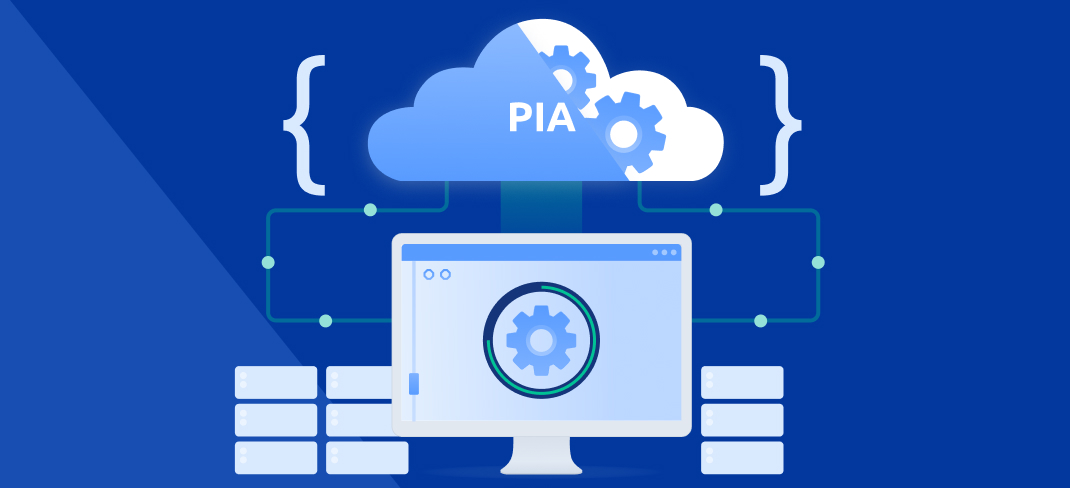IP Proxy Guide,The Differences and Advantages of Shared IP and Dedicated IP

With the widespread use of the Internet, IP proxy has become a common network tool. According to different usage requirements, IP proxies are mainly divided into two types: shared IP and exclusive IP. This article will introduce the differences and advantages between the two in detail to help users better choose the IP proxy method that suits them.
1. Definition of Shared IP and Exclusive IP
Shared IP
Multiple users use the same IP address to access the Internet. When one of the users commits a violation, it may affect other users.
Exclusive IP
Each user has an independent IP address and will not affect each other. It is suitable for users with higher privacy protection requirements.
2. The difference between shared IP and exclusive IP
privacy protection
Exclusive IP has a higher degree of privacy protection because each user has an independent IP address and cannot be easily traced to individuals. Since shared IP is shared by multiple users, there may be a risk of privacy leakage.
safety
Exclusive IP is more secure because each user's online behavior is relatively independent and is not easily affected by other users. If one of the shared IP users commits a violation, it may affect other users.
price
The price of a dedicated IP is usually higher than that of a shared IP because the services it provides are more personalized and suitable for users with higher requirements on the network environment. Shared IP is more suitable for users who are more price-sensitive.
3. Advantages of Shared IP and Exclusive IP
Advantages of Shared IP
(1) Lower cost
Since multiple users share the same IP address, the cost is relatively low and is suitable for users who are more price-sensitive.
(2) Easy to manage
For some small businesses or individual users, the management of shared IPs is relatively simple and does not require much technical support.
Advantages of exclusive IP
(1) Privacy protection
Exclusive IP can better protect the privacy of users, because each user has an independent IP address and cannot be easily traced to individuals.
(2) High safety
Exclusive IP is more secure because each user's online behavior is relatively independent and is not easily affected by other users.
(3) Personalized service
Exclusive IP provides more personalized services, and users can customize different network environments according to their own needs.
4. How to choose an IP proxy method that suits you
Choose according to your needs
If users have higher requirements for privacy protection or need personalized services, they can choose exclusive IP; if users are more price-sensitive or need easy management, they can choose shared IP.
Choose according to usage scenario
If the user is performing some common network activities, such as browsing the web, social media, etc., shared IP can meet the needs; if the user needs to perform some activities that require privacy protection, such as online shopping, financial transactions, etc., you can choose to use an exclusive IP .
Choose based on budget
If the user's budget is relatively generous and the network environment requirements are high, you can choose a dedicated IP; if the user's budget is relatively limited, you can choose a shared IP.
In short, shared IP and exclusive IP have their own advantages and disadvantages, and users should choose according to their own needs, budget and usage scenarios. When choosing, you should pay attention to factors such as privacy protection, security, and price to better balance network activities and personal needs. At the same time, users should also pay attention to abide by laws, regulations and usage regulations of social media platforms, and refrain from engaging in any illegal or ethical activities.



















































